National culture

Swedish Woman Finds Lost Wedding Ring on Carrot After 16 Years
In the run-up to Christmas 1995, a Swedish woman lost her wedding ring while cooking. Despite searching everywhere, she couldn’t find it. Sixteen years later, in 2012, she pulled a carrot from her garden and discovered the ring stuck on it.

Shakespeare’s Epitaph Carries a Curse to Ward Off Grave Robbers
William Shakespeare died on April 23, 1616, at the age of 52, and was buried in Holy Trinity Church in Stratford-upon-Avon. His epitaph, inscribed on his tombstone, serves as a stern warning to potential grave robbers:

Miami University Isn’t in Miami—It’s in Ohio
Miami University may sound like it’s in Florida’s sun-soaked Miami, but it’s actually located in Oxford, Ohio, near Cincinnati—thousands of miles from the coastal city. Founded in 1809, it ranks among America’s 30 oldest universities.
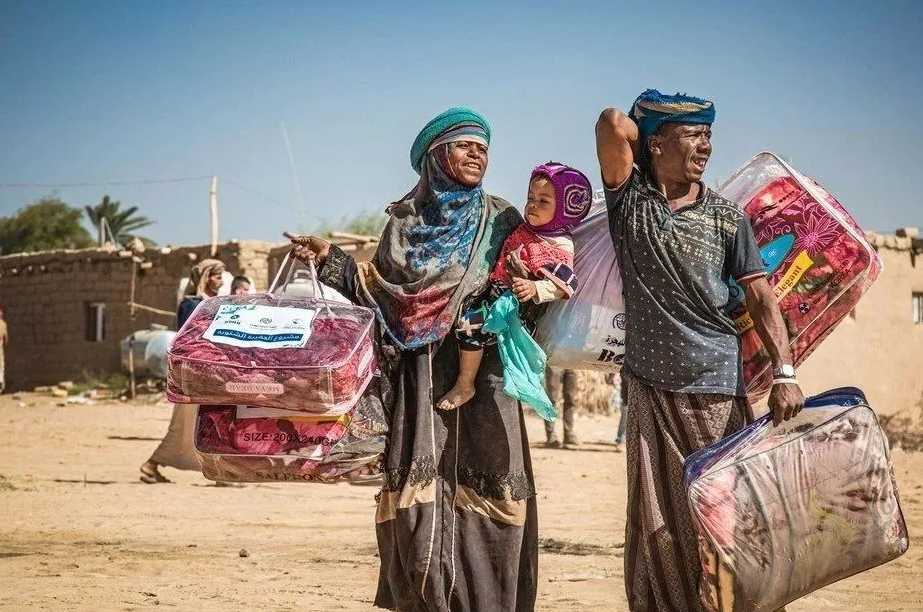
Yemen: A Nation Caught in the Crossfire of Conflict and Poverty
In the Arabian Peninsula, where six out of seven nations boast a per capita gross national product exceeding $20,000—with Qatar soaring to $80,000—Yemen stands as a tragic outlier. By 2024, its per capita GDP plummeted to a meager $486. What led to such a vast economic chasm within the same region? The answer lies in Yemen's complex and troubled present.
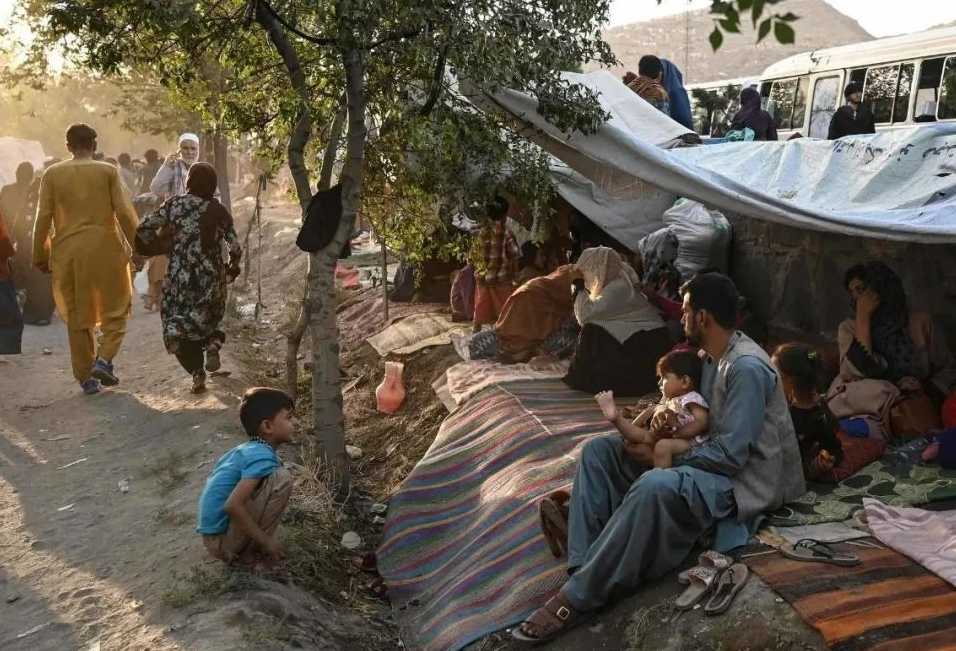
Afghanistan: A Nation of Untapped Wealth Amidst Endless Turmoil
Afghanistan holds mineral resources valued at over $1 trillion, yet it remains one of the world’s poorest nations. This paradox stems from a history of conflict that has stifled development and trapped its people in poverty.
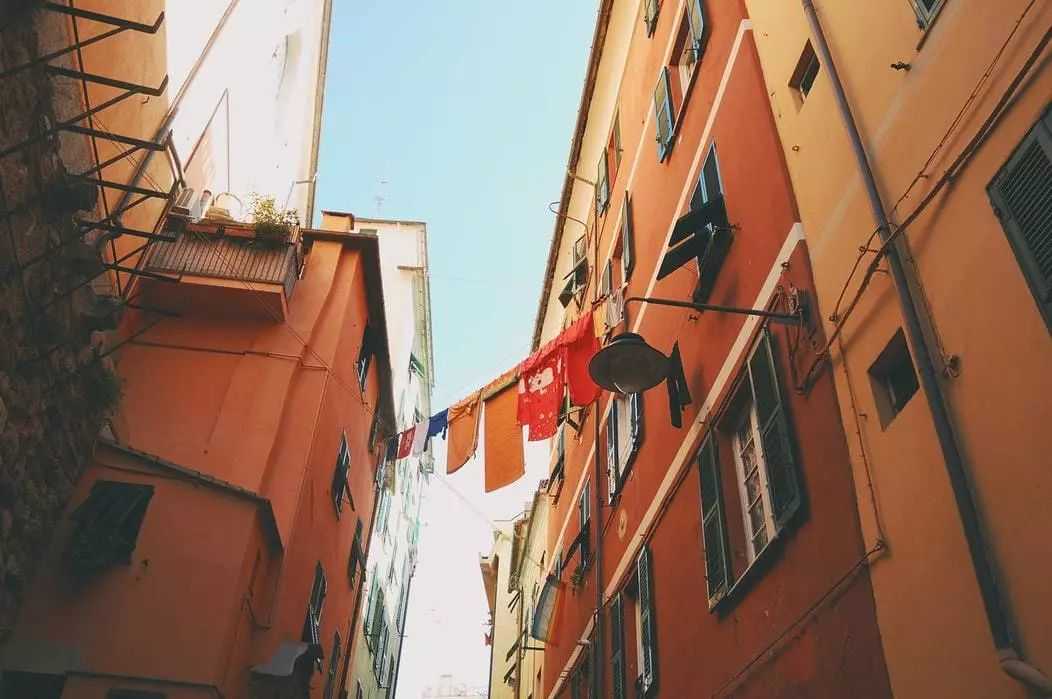
Switzerland’s Unusual Sunday Rule: The Ban on Outdoor Clothes Drying
In Switzerland, a seemingly mundane activity like hanging laundry outdoors on a sunny Sunday can lead to unexpected encounters. The country has a strict regulation that prohibits residents from drying their clothes outside on Sundays, turning a common household chore into a potential legal infraction.

Singapore: Beware of Chewing Gum
Singapore is known for its strict laws and regulations, and one particular rule that visitors and locals alike need to be cautious about is the ban on chewing gum. Since 1992, chewing gum has been largely prohibited in this island nation.

In Egypt, Adding Salt to Your Food Is a No - No
Traveling to Egypt offers a rich tapestry of cultural experiences, but among the many customs to keep in mind, one particular dining etiquette rule stands out: refrain from adding salt to your food. In Egyptian culture, sprinkling salt into your bowl is considered a direct insult to the chef. This tradition is deeply ingrained in the local way of life, reflecting the importance Egyptians place on culinary craftsmanship and hospitality.

In Longyearbyen, Norway: Where Life and Death Are Regulated by Law
In the remote town of Longyearbyen, nestled within the Arctic Circle in Norway, an extraordinary set of regulations governs life and death. This unique approach stems from the town's specific geographical and environmental conditions, making it a place where the boundaries between the living and the deceased are strictly defined by law.
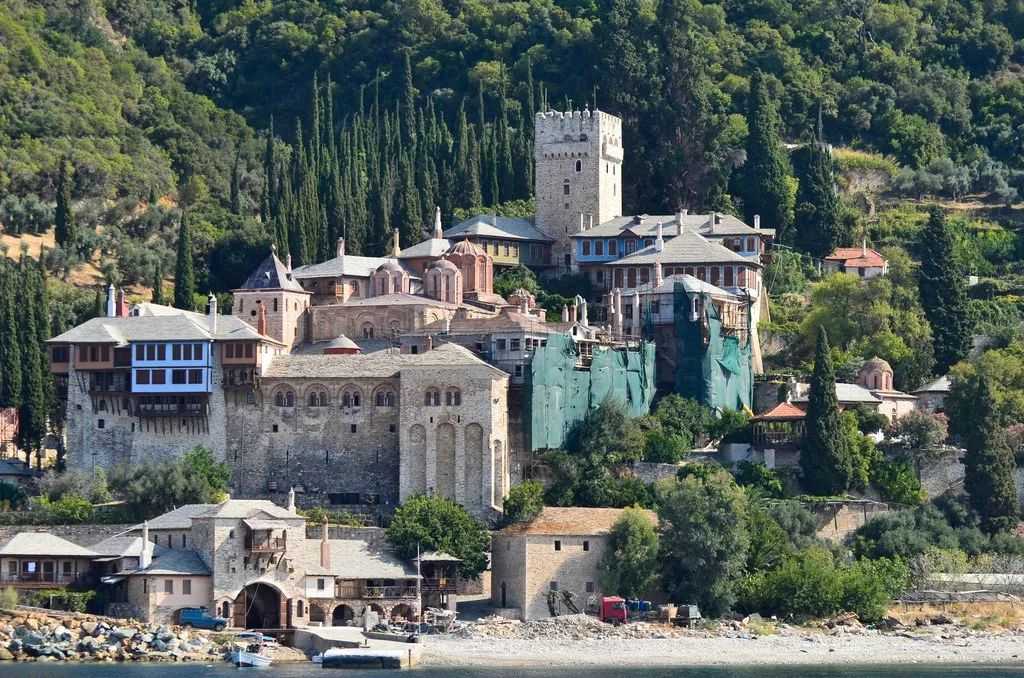
Greece’s “Men - Only” Island: A World Apart
Nestled in Greece, the secluded island of Mount Athos, also known as “Agion Oros,” stands as a unique enclave with an extraordinary rule: it strictly prohibits women from setting foot on its shores. This ancient regulation has created a distinct society that has remained untouched by the presence of females for centuries.
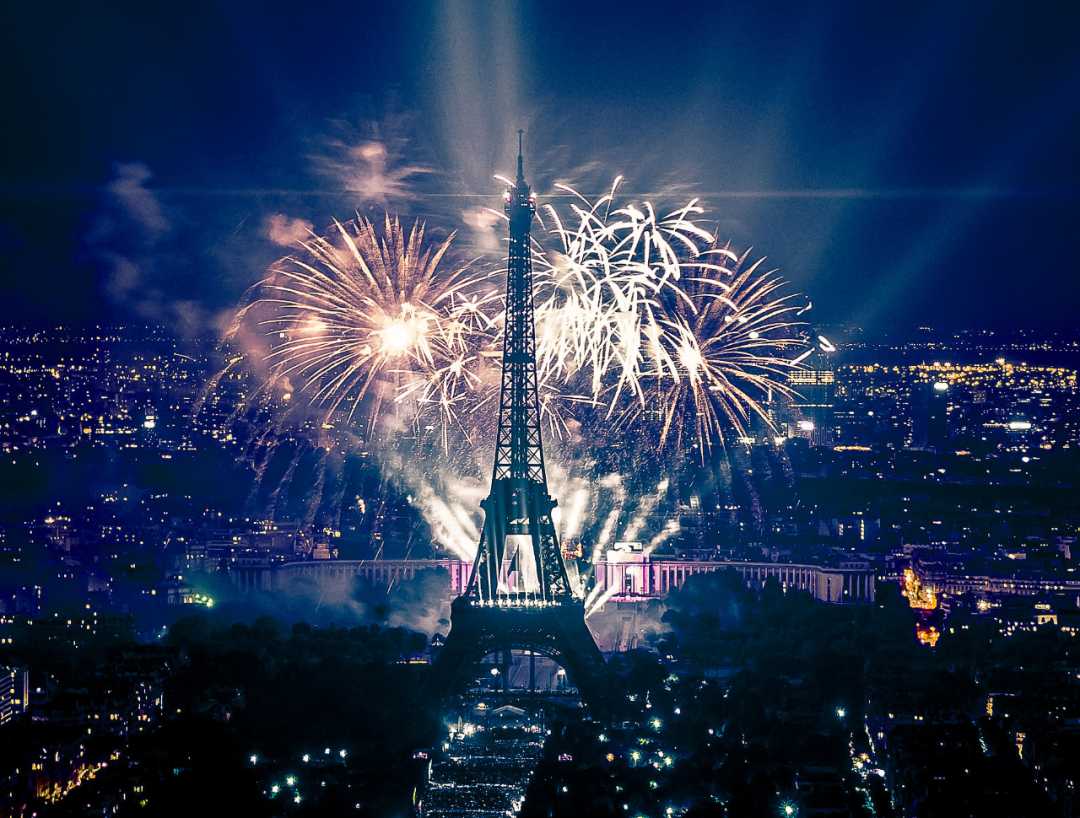
France: Eiffel Tower Light Shows and Champagne Toasts
Paris ushers in the new year with characteristic chic, combining iconic landmarks, culinary traditions, and superstitious rituals. As midnight approaches, the Eiffel Tower becomes the centerpiece, dazzling crowds with a spectacular light show and fireworks that paint the Parisian sky—an annual spectacle that draws millions to the Champ de Mars and televisions worldwide.